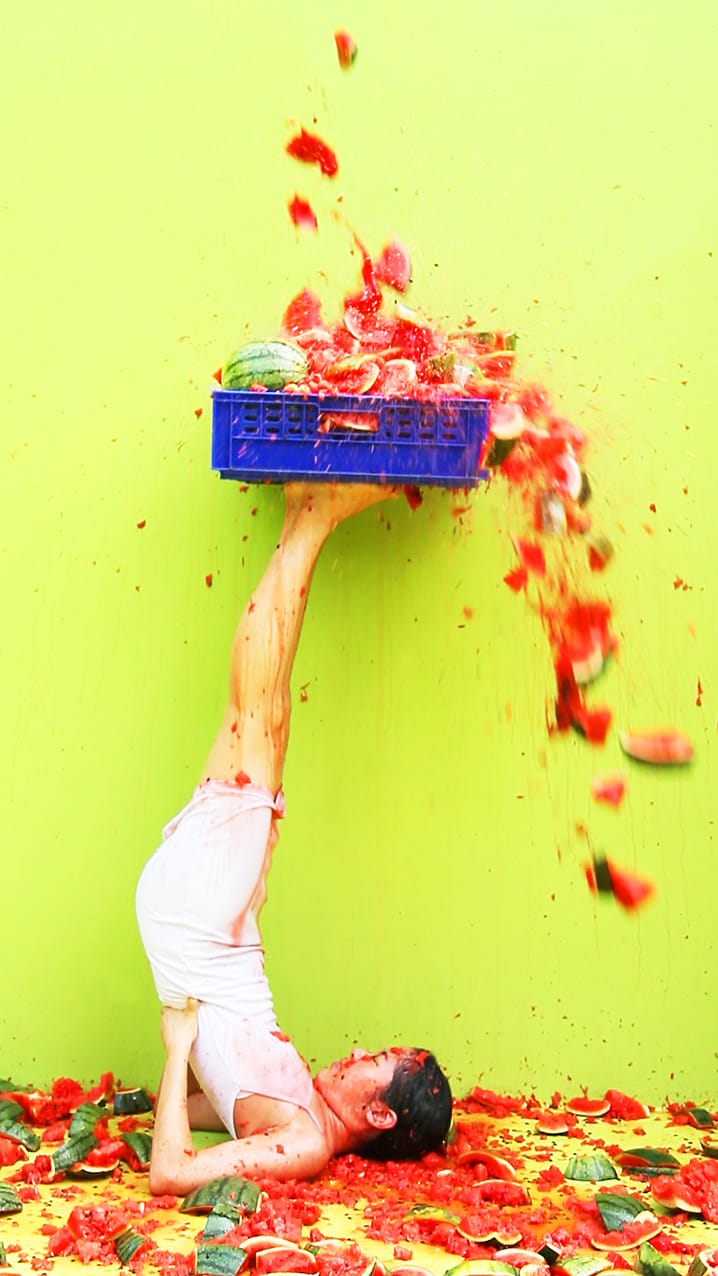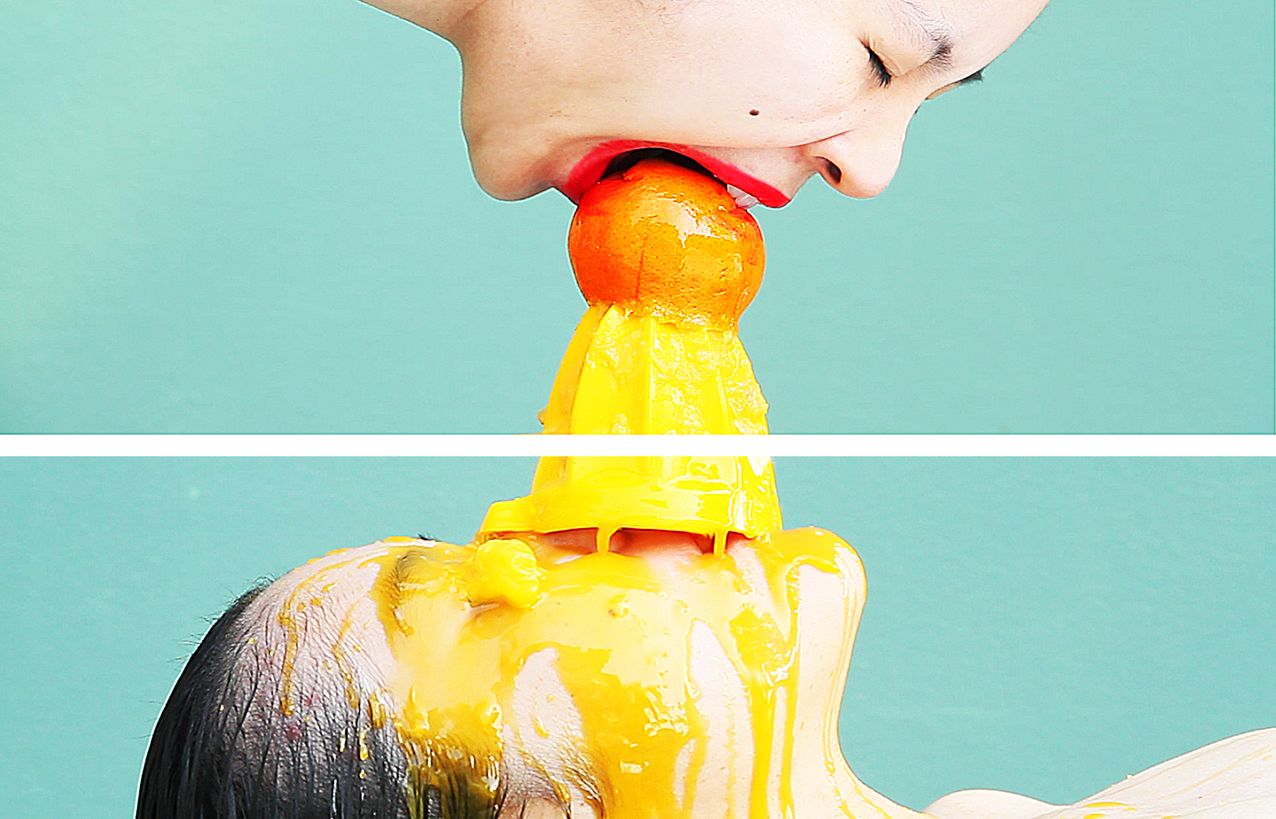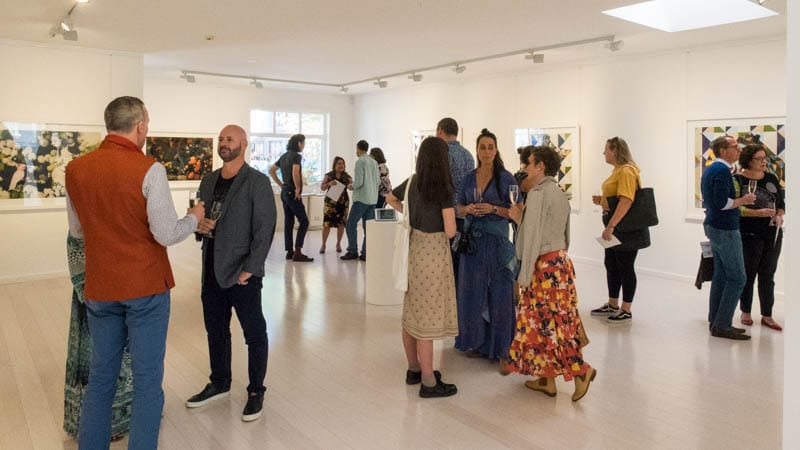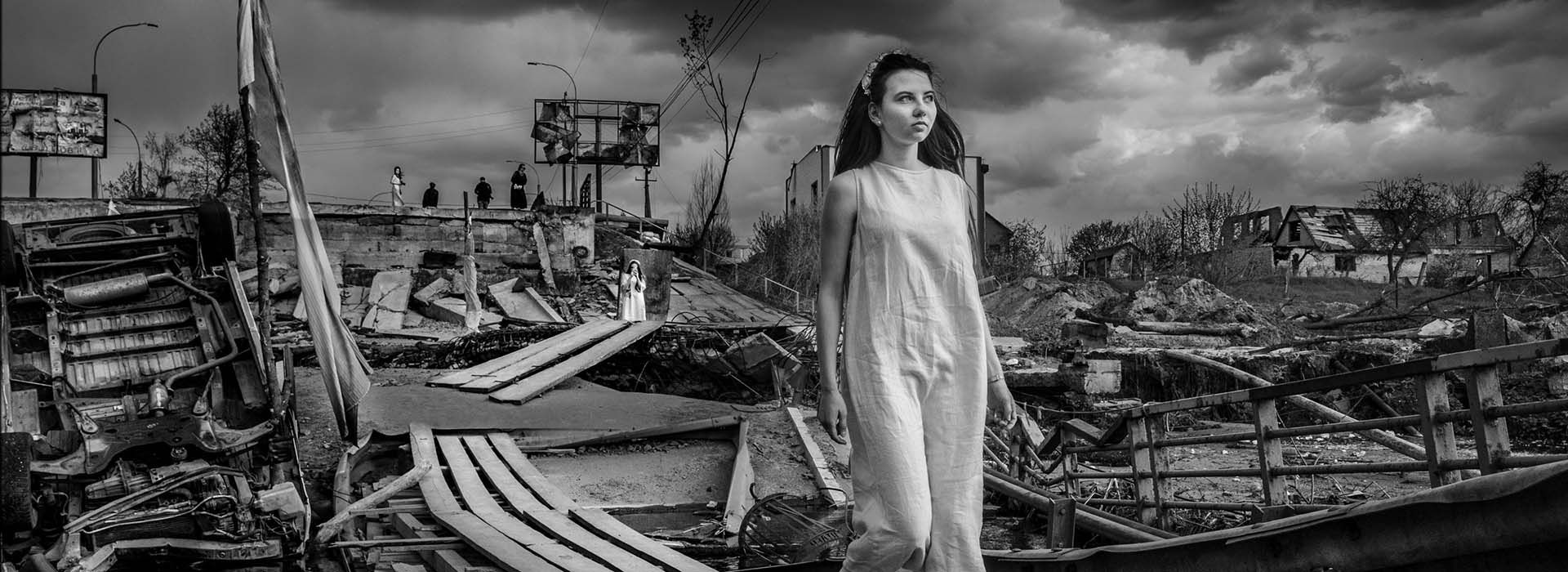Work / DeCOOKOLISATION




Work by Kawita Vatanajyankur
In association with Head On Photo Festival, Stills is proud to present one of the most exciting new contributors to Asian-Pacific video art, Thai-Australian Kawita Vatanajyankur, and her arresting new series Work (2015).
Endurance art has rarely been so pretty. Alluring luminous yellows, citrus greens and bubblegum pinks are distinctive of the artist’s aesthetic—a visual language of consumption and desire that speaks to a world of instant gratification and flattened complexity. However, this heightened superficiality lures you in only to confound your expectations—Vatanajyankur’s videos offer a powerful examination of the psychological, social and cultural ways of viewing and valuing women’s everyday labour.
Vatanajyankur’s exploration of everyday and domestic work is particularly telling of her Thai homeland. A place where, for many, daily chores aren’t always assisted by electronic contraptions or white goods but are time-consuming, physically exhausting, and often the task of women
Like her previously acclaimed works, this powerful new series intersects the long histories of ritual, craft and performance with the relatively new medium of video, as a way to redress how women’s work has been considered a lesser form of creativity, than the ‘fine arts’ not long ago epitomized by literally man-made representations of the female body.
Born in Thailand, Vatanajyankur graduated in BA Fine Art from RMIT University Melbourne, 2011.
DeCOOKOLISATION by James Tylor
James Tylor uses daguerreotype and wet plate photographic processes to explore complex issues of identity and cultural representation.
These early forms of photography were used to document Indigenous Australian and Maori culture in the 19th century—a link that underpins Tylor’s contemporary investigations into his own Aboriginal, European and Maori descent, and Australia’s colonial past.
In his latest series, DeCookolisation, Tylor uses the Becquerel Daguerreotype to depict places in the South Pacific that were named, by the British, in honour of Capitan James Cook. These include the highest mountain in New Zealand, a town in Northern Australia, and an island nation in the South Pacific—Mount Cook, Cooktown and the Cook Islands.
Mirroring Cook’s unauthorized ‘appropriation’ in the making of DeCookolisation, Tylor sourced images from the Internet without seeking the permission of their original owners. Yet, there is a transformation at play that makes these images conceptually and creatively ‘new’, not least due to the daguerreotype’s mirrored finish. This deliberate shifting of our perceptions renders the borrowed perspectives strange and foregrounds the artist’s intervention, a form of knowing transformation, unlike Cook’s, that is both critical and beautiful.
With the continuing political struggle to ensure just acknowledgement of traditional landowners’ rights, and with issues of artistic copyright and notions of creative ‘originality’ lagging behind a common culture of remix and appropriation, Tylor’s work asks a question that is deeply pertinent to our present-day—when and how is it morally okay to claim other people’s property, and call it your own?
James Tylor graduated in Masters of Visual Arts from the South Australian School of Art in 2013

List your exhibition or photography event on our site to reach out to the Australian photographic community.

